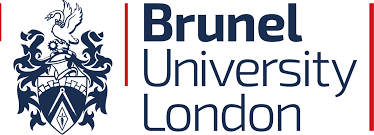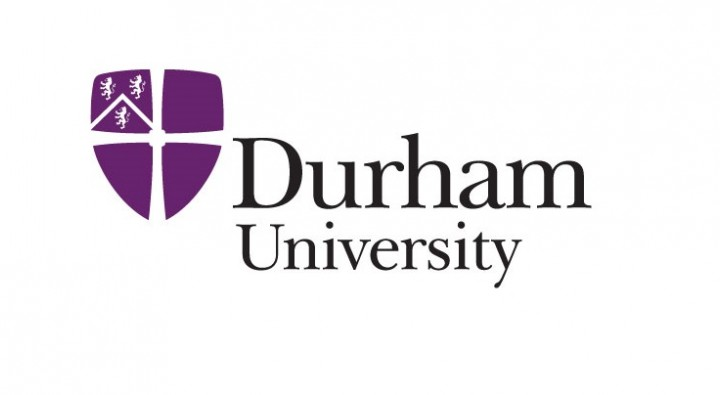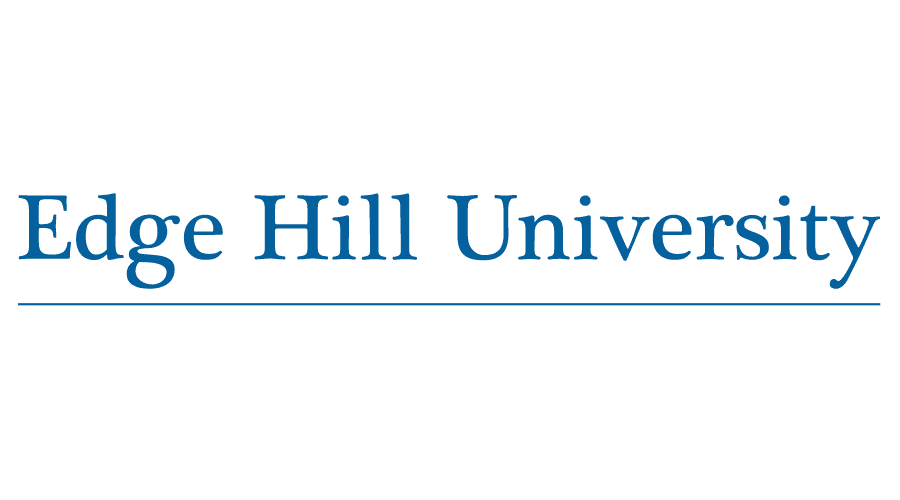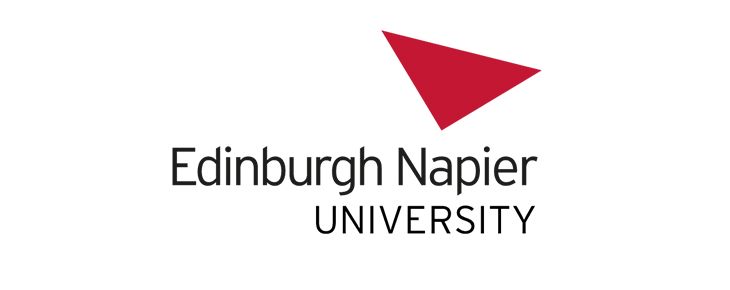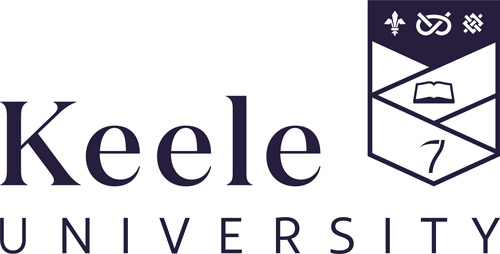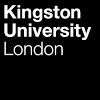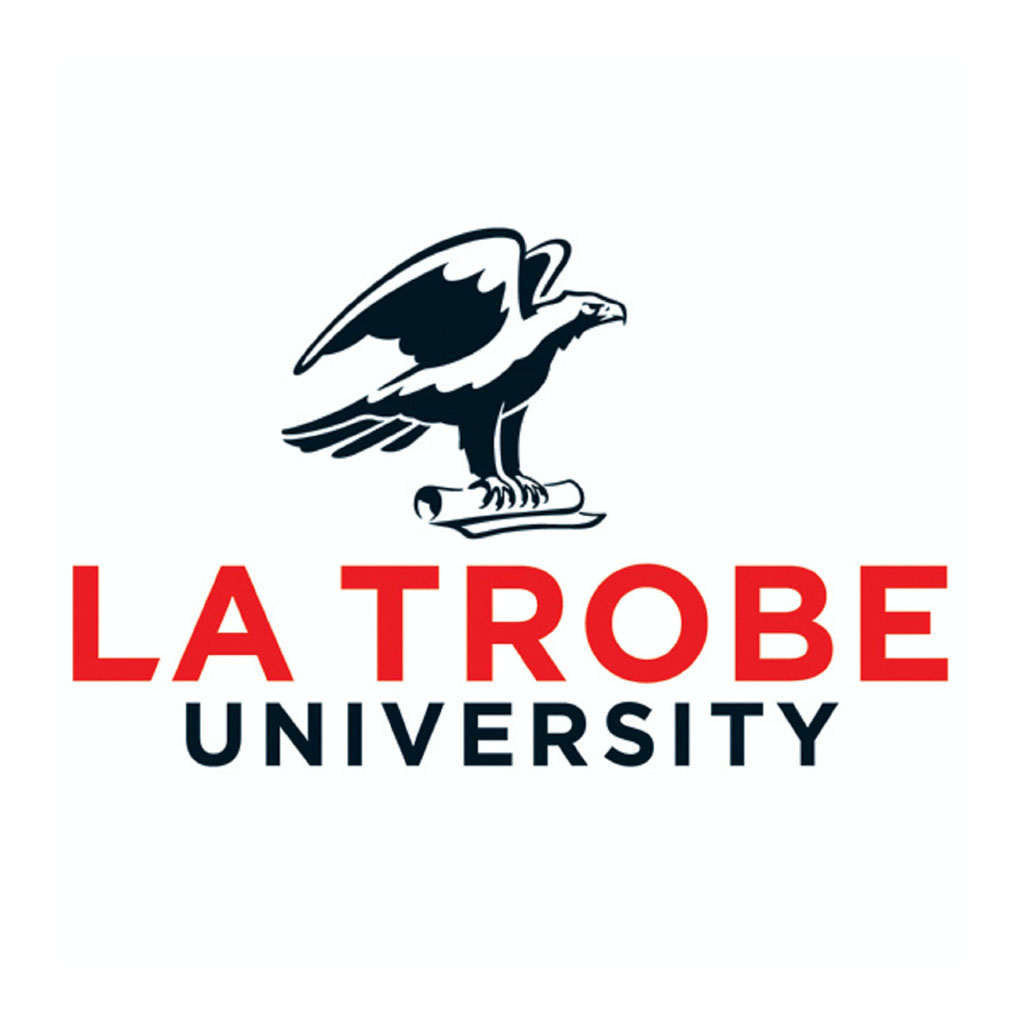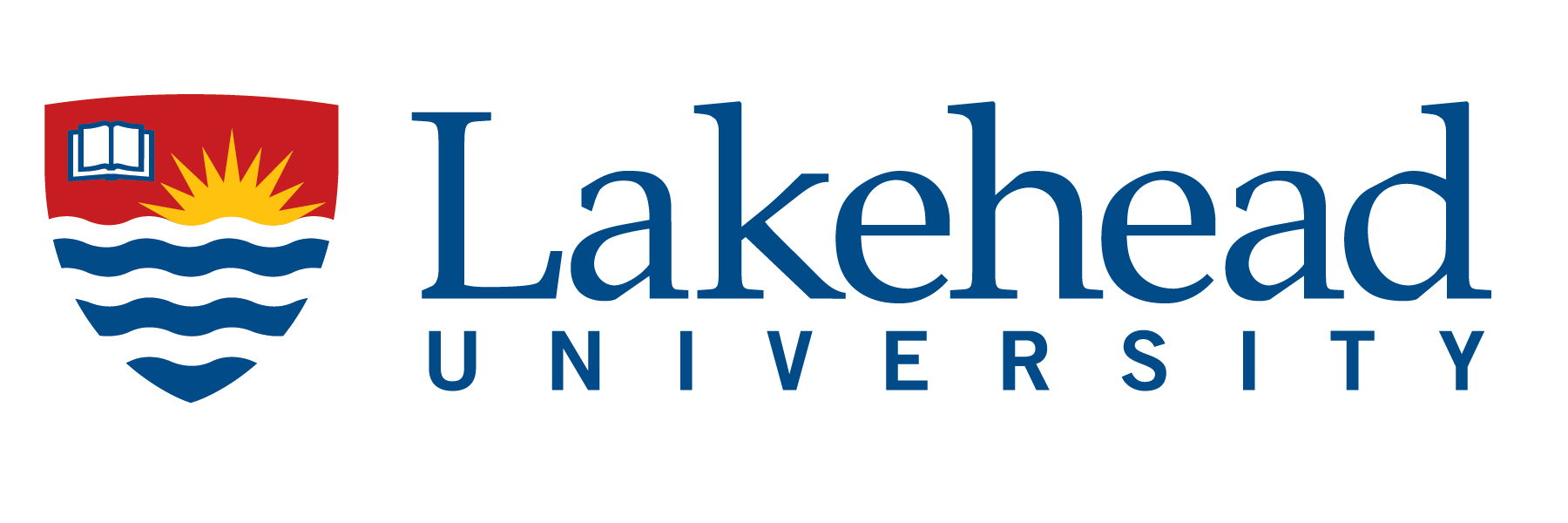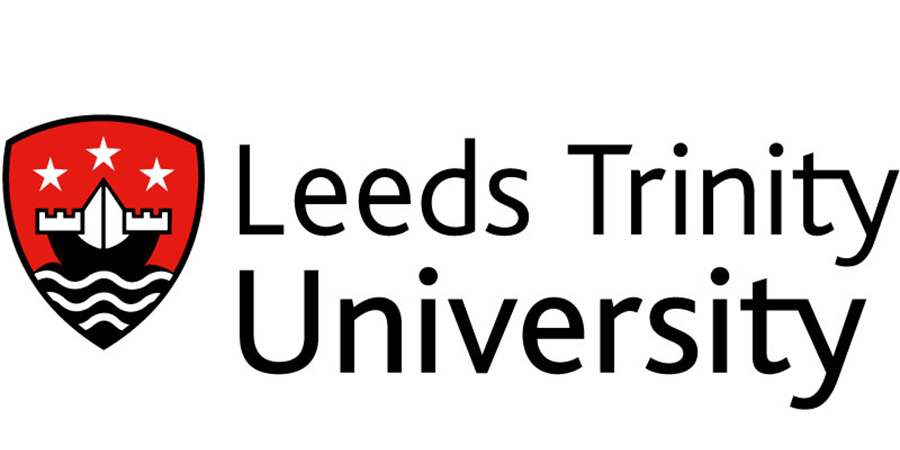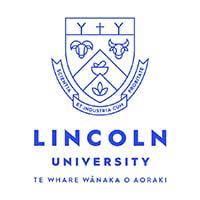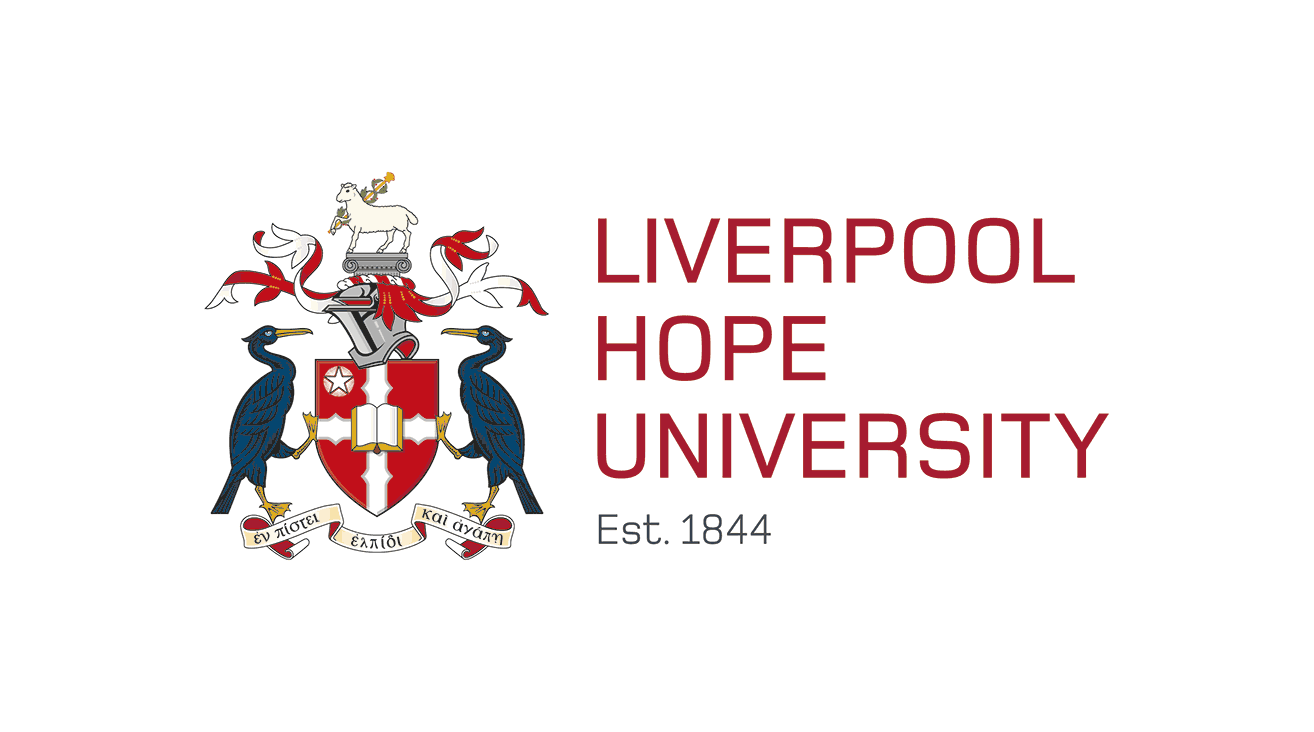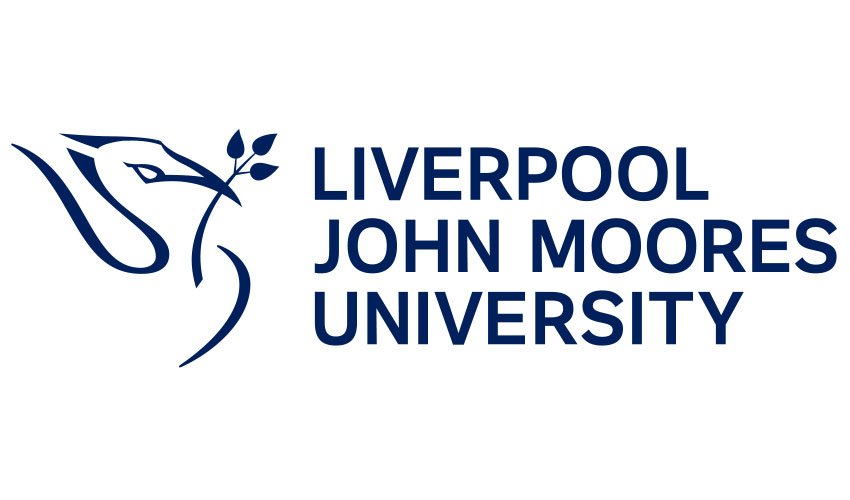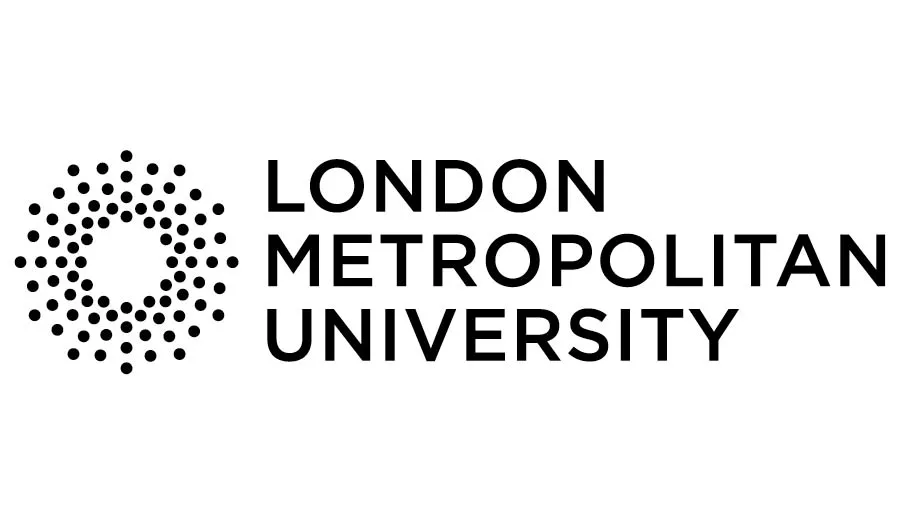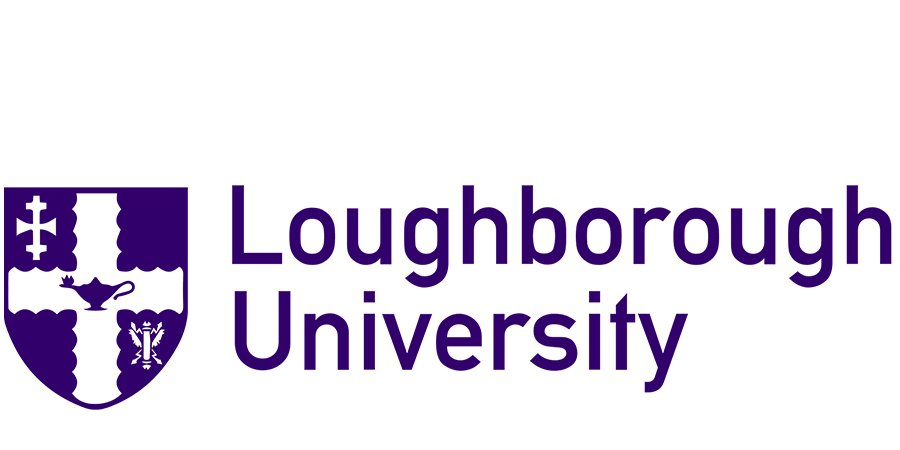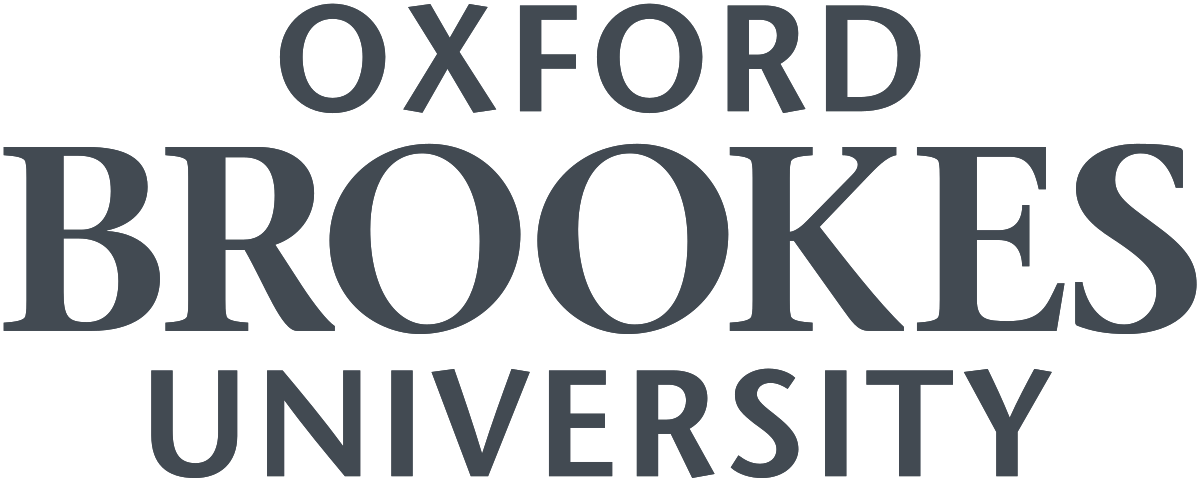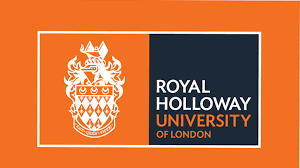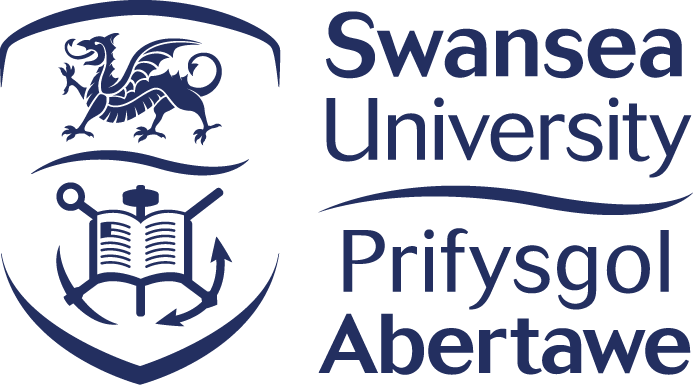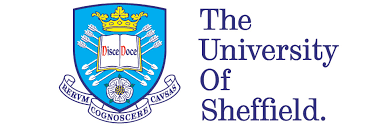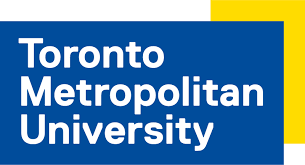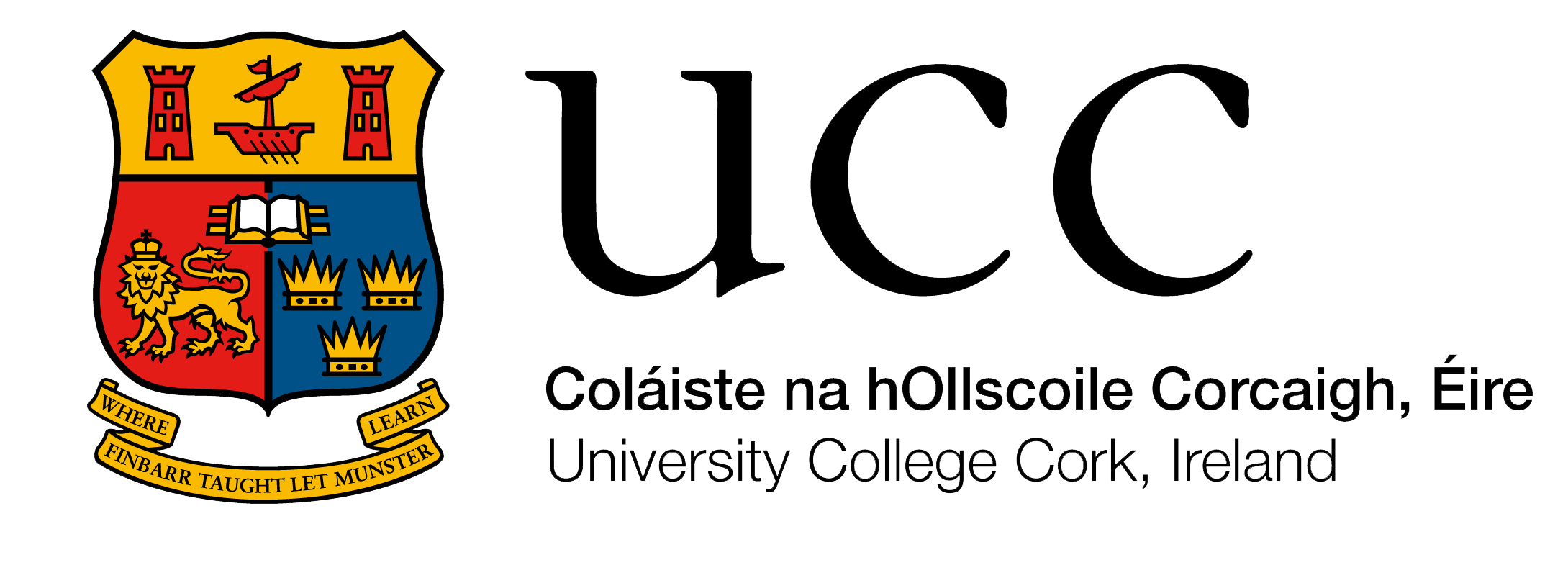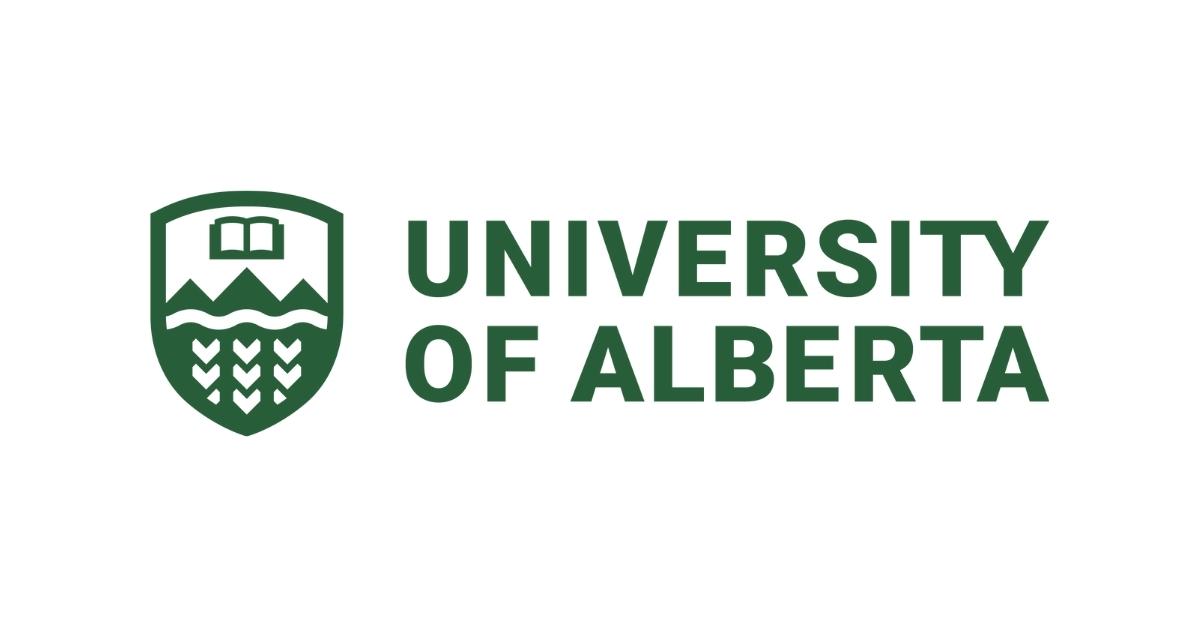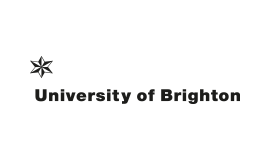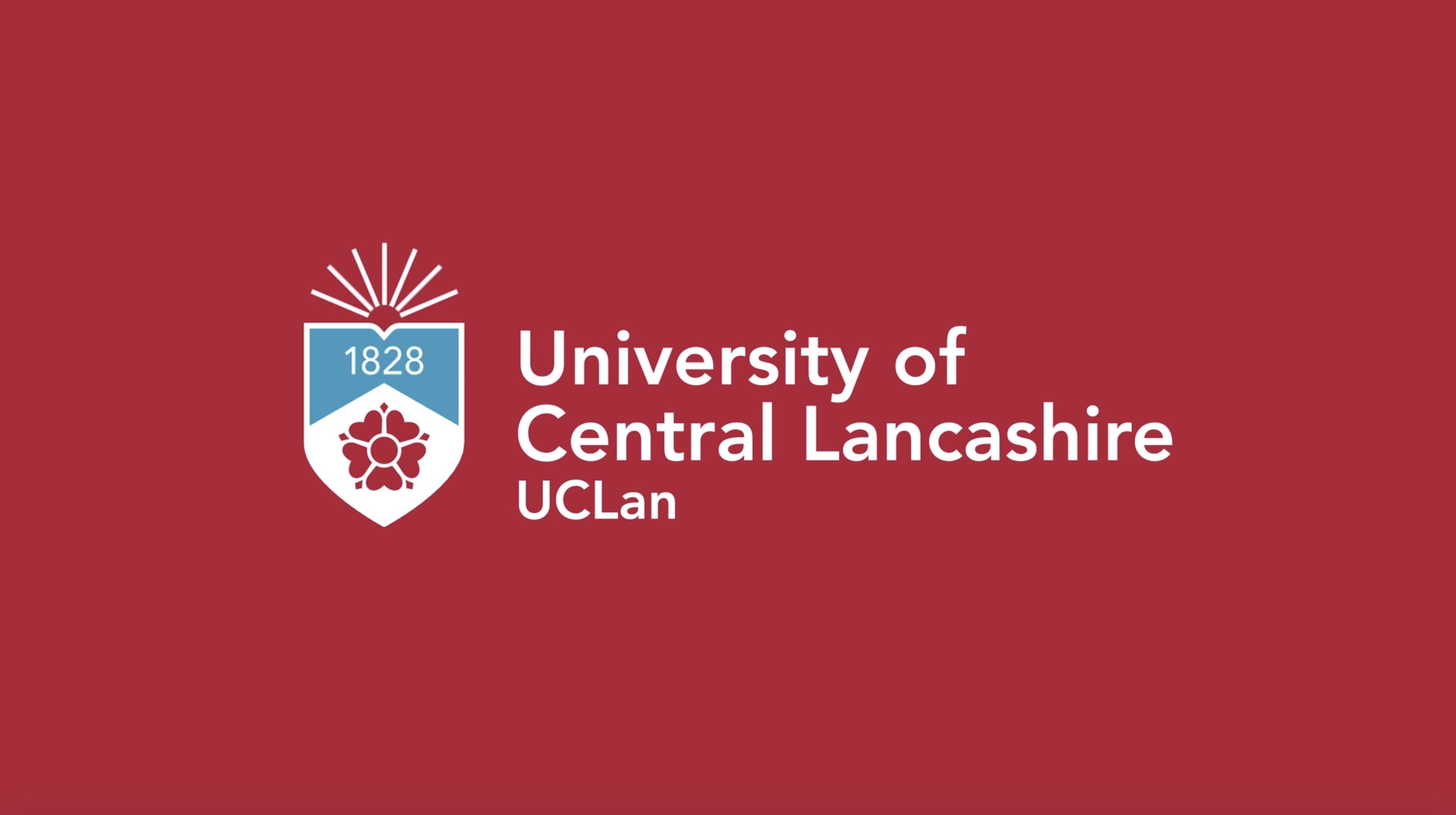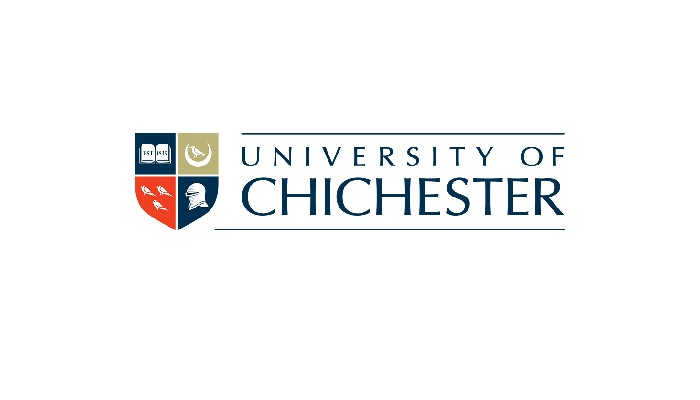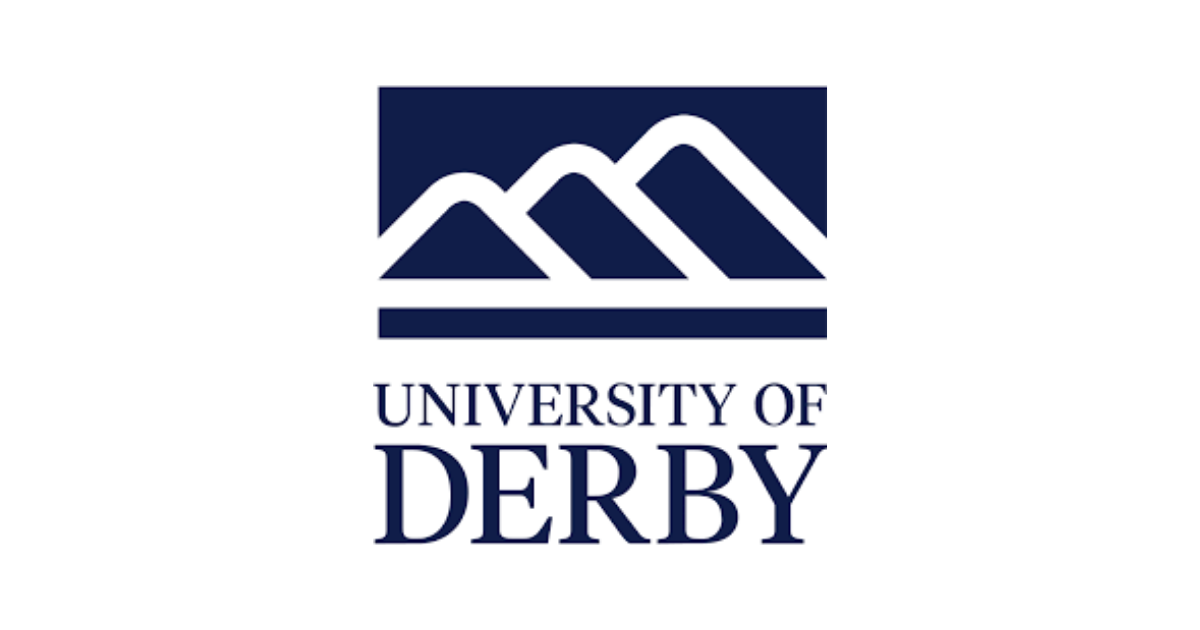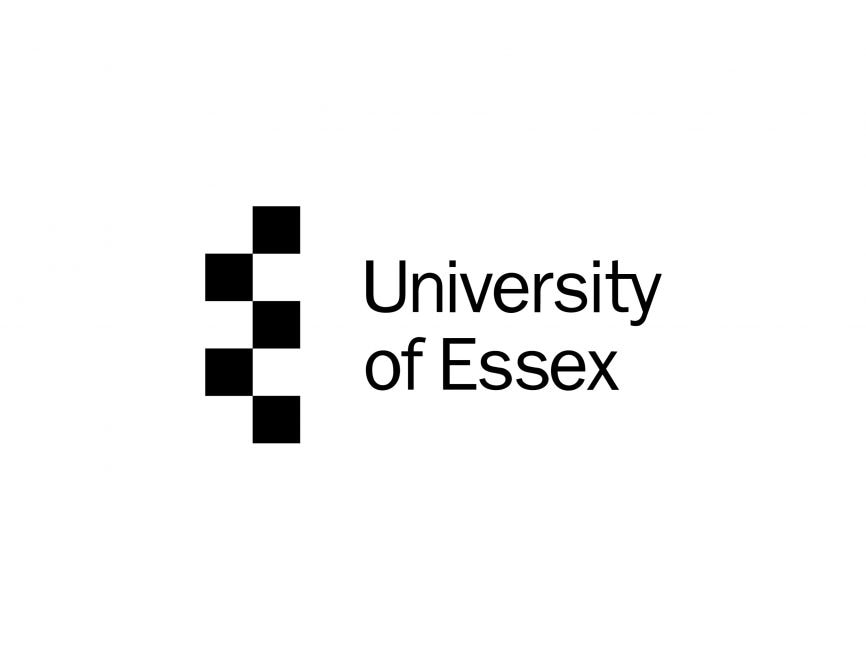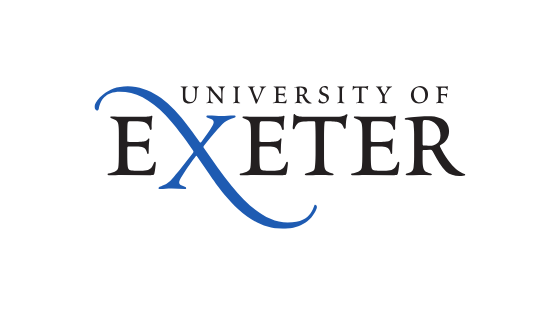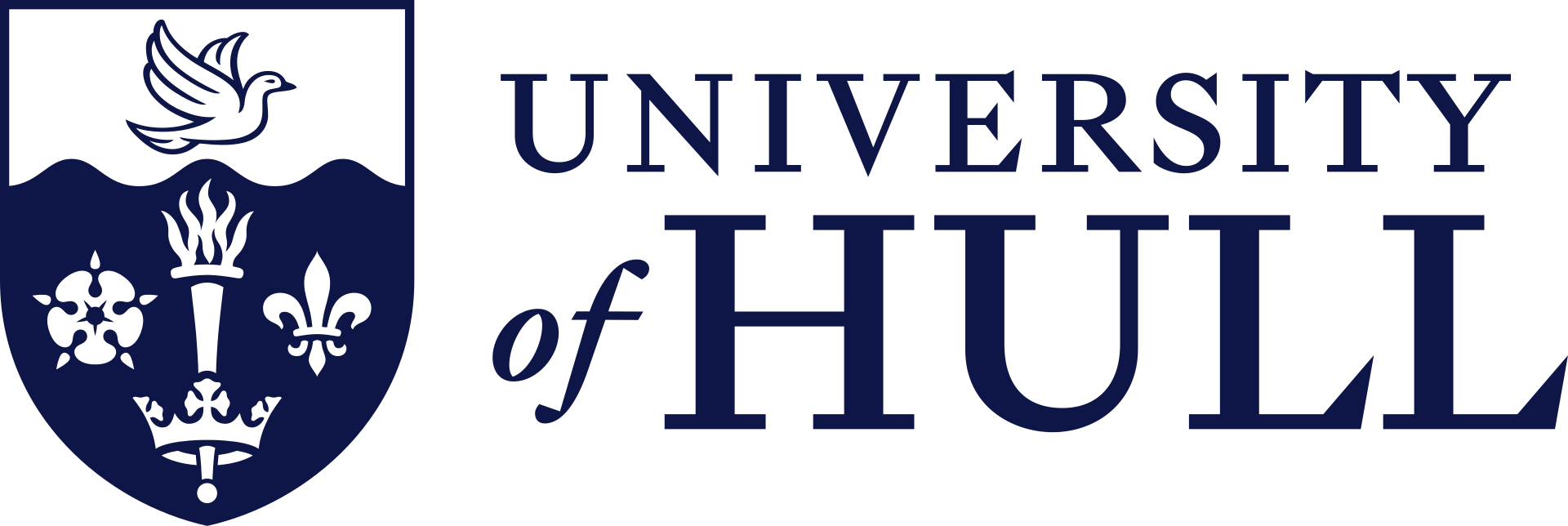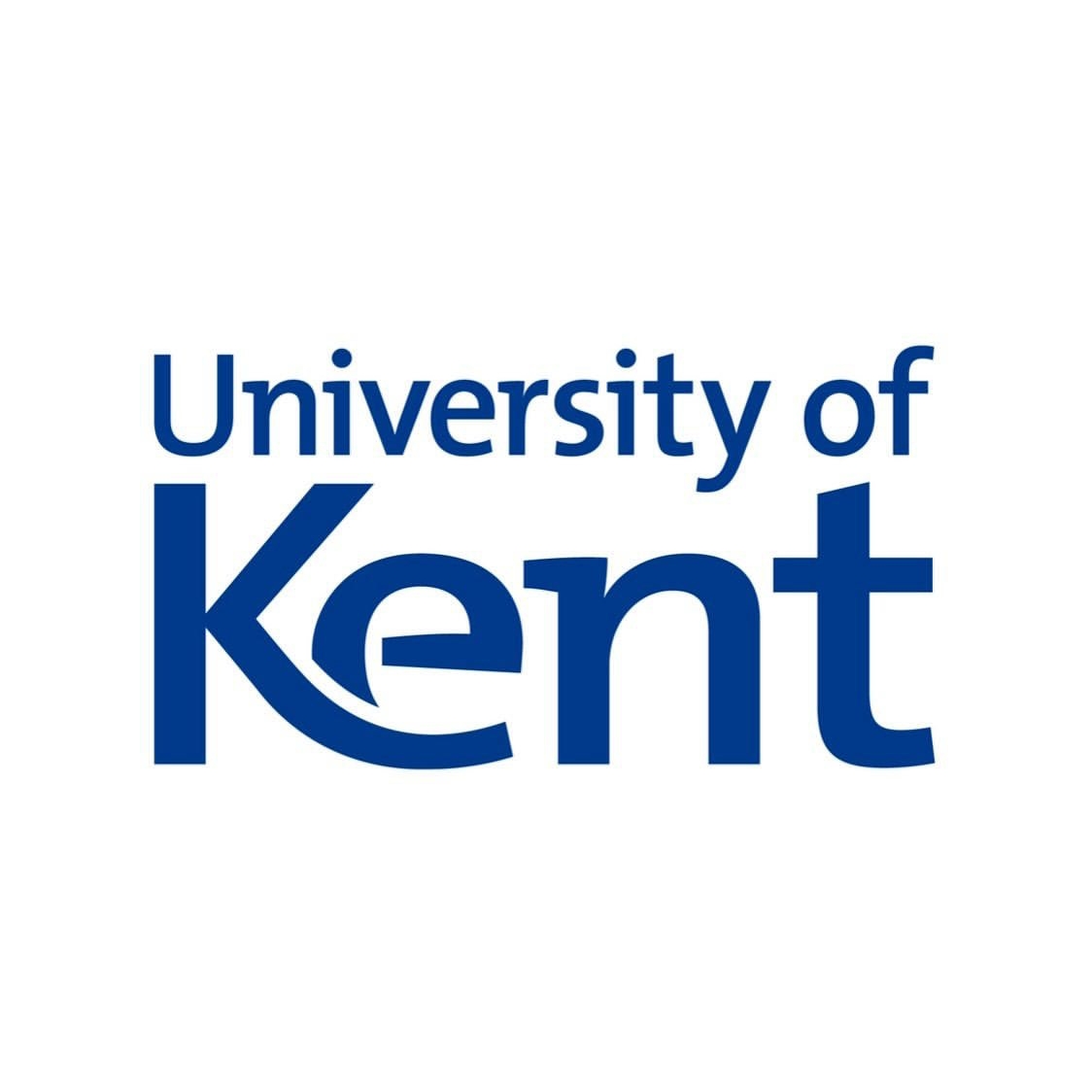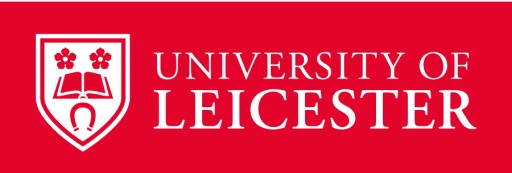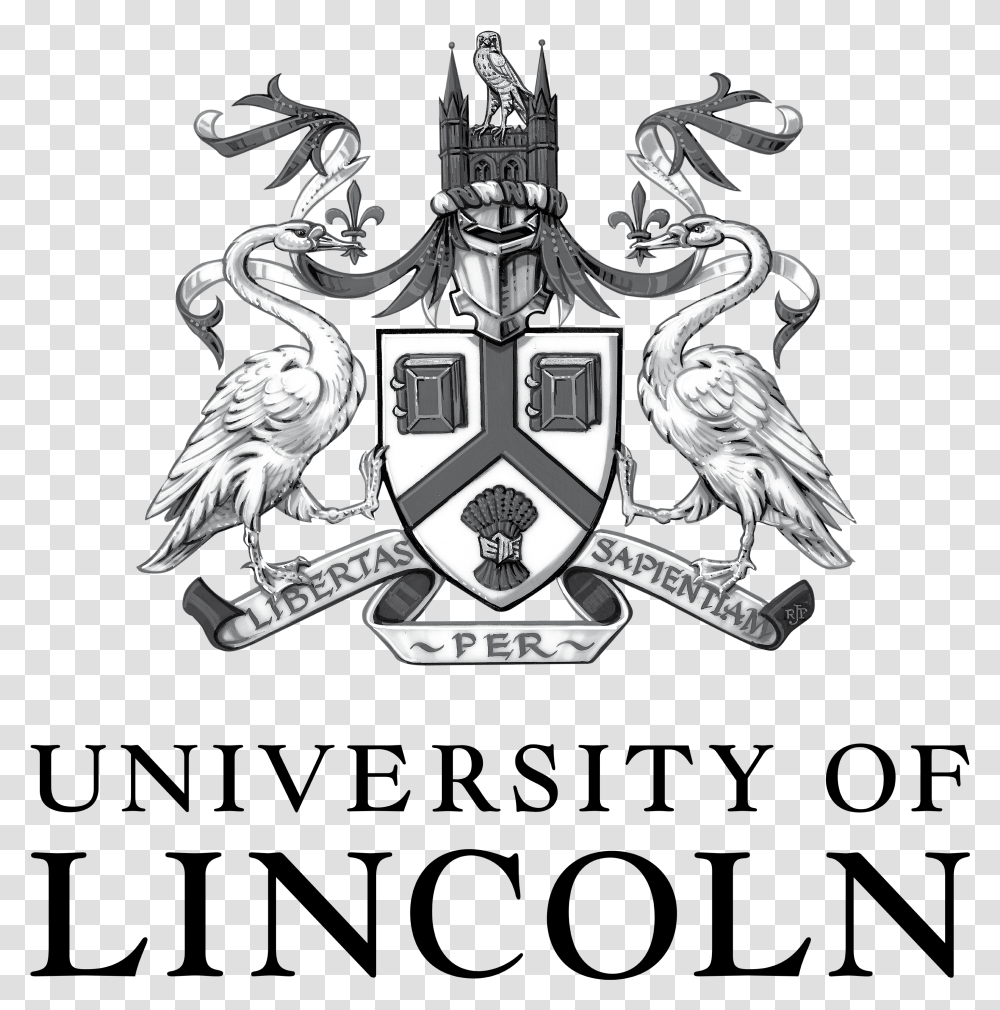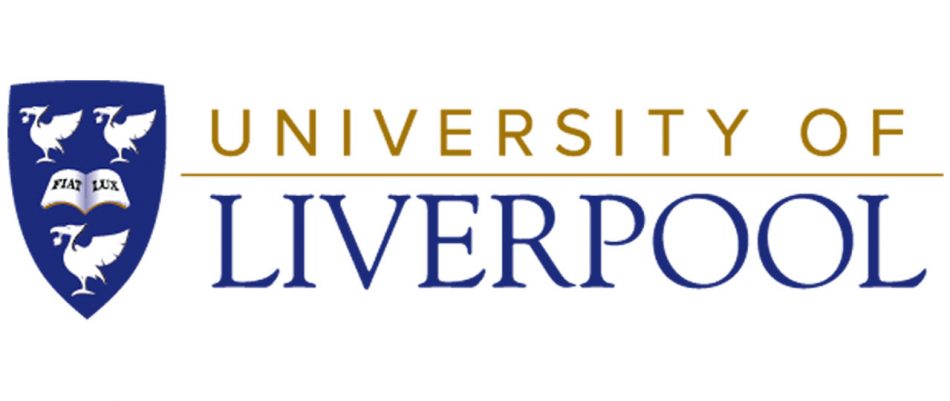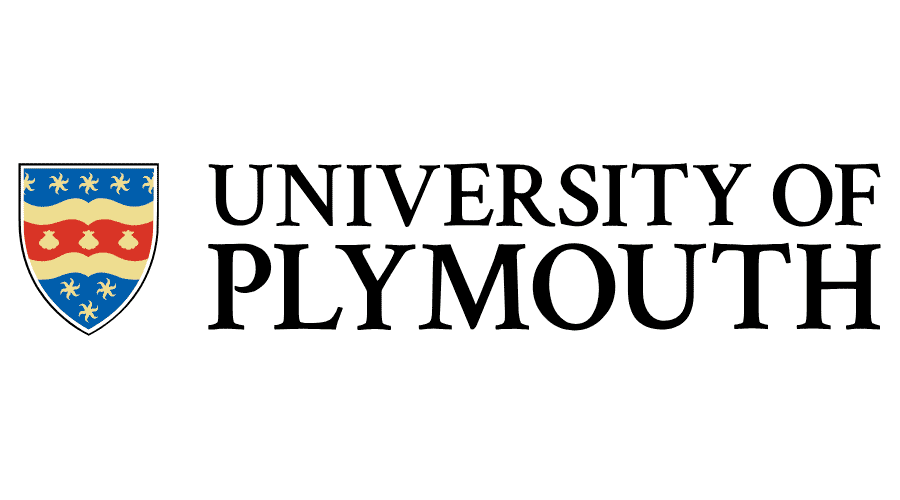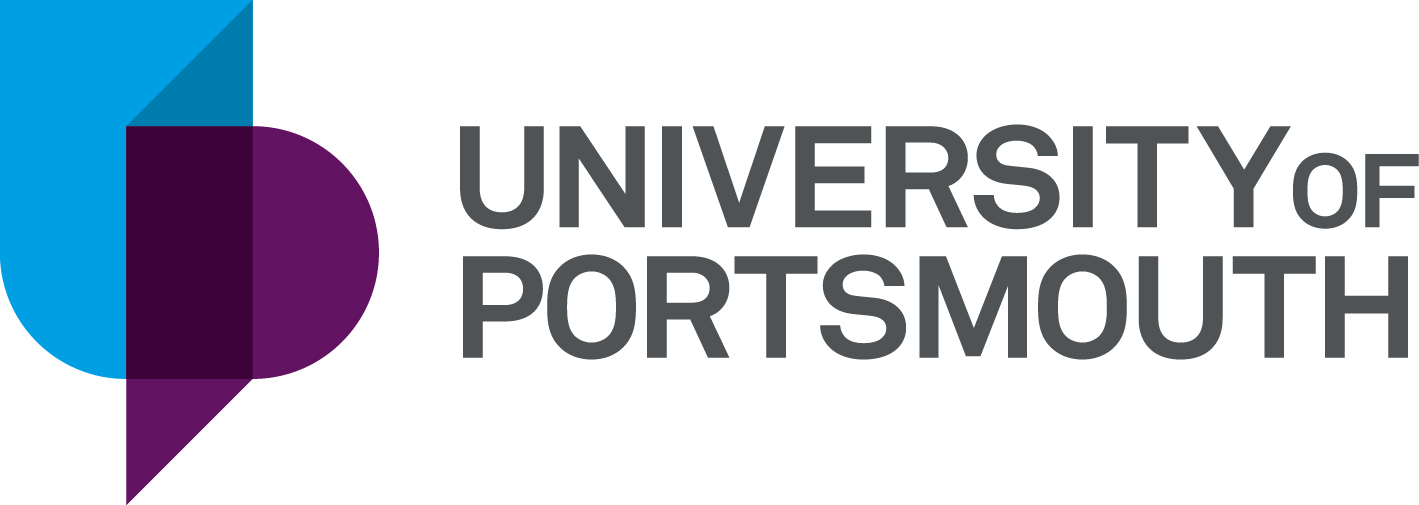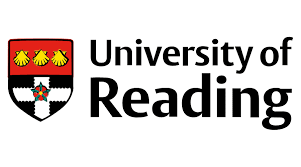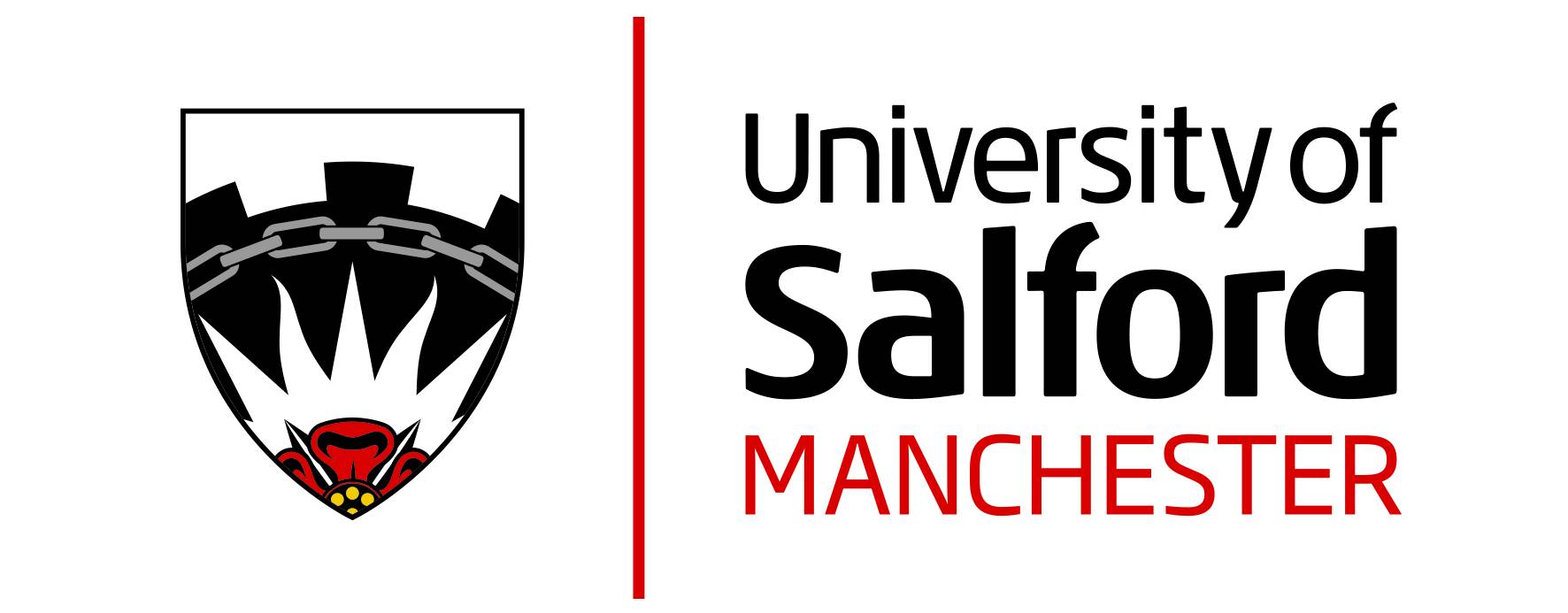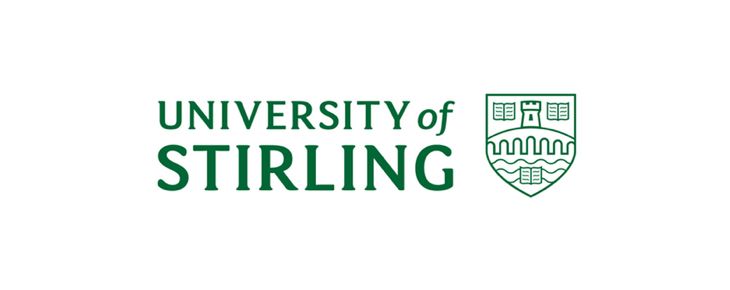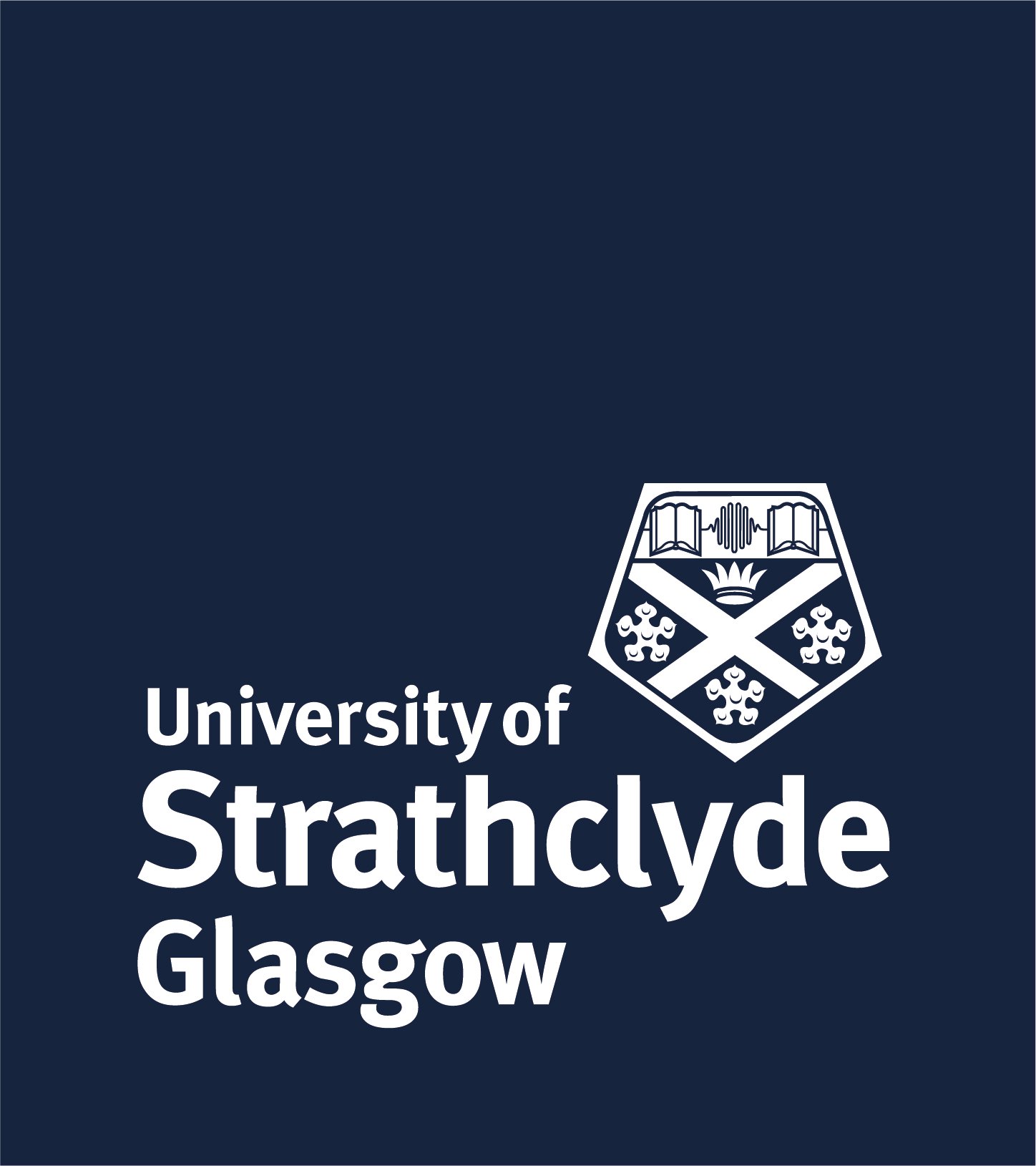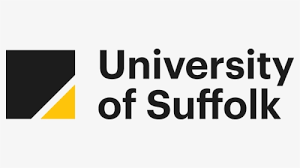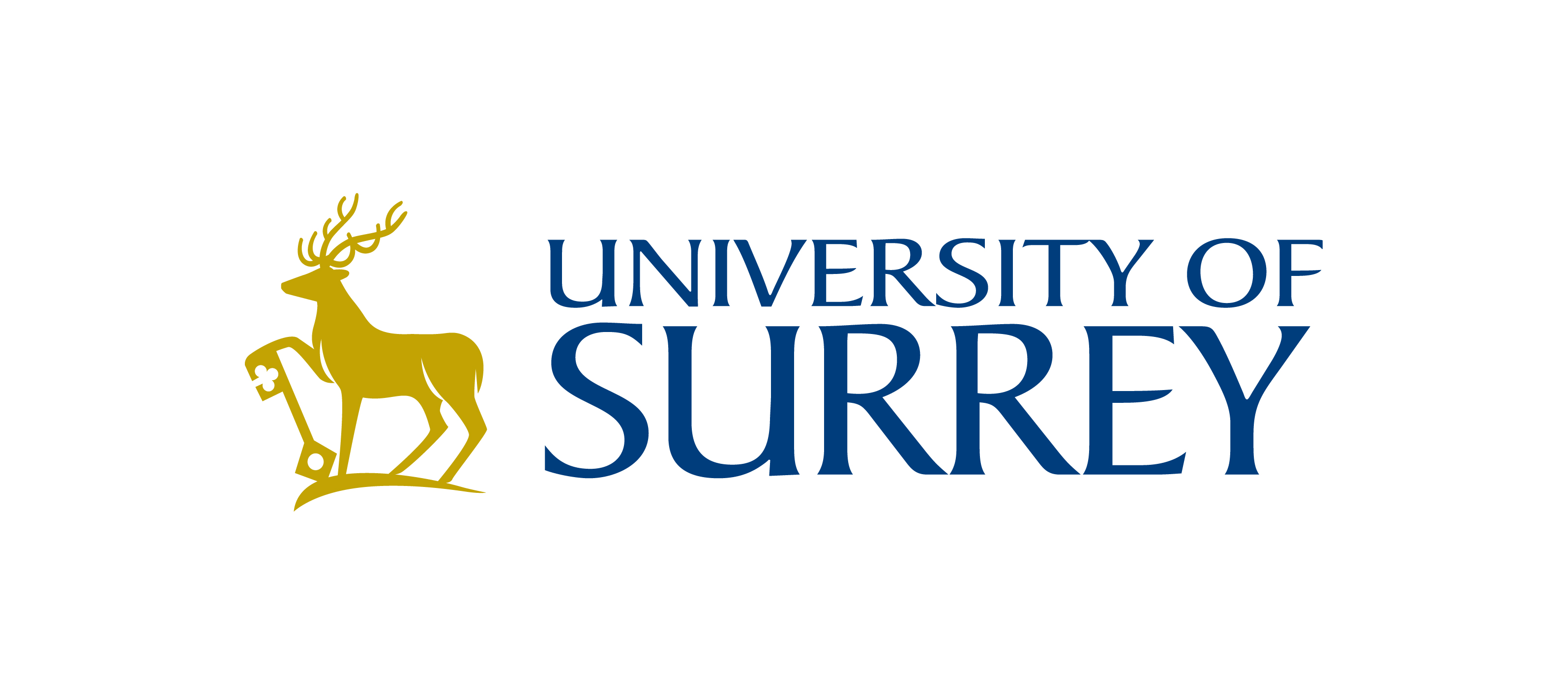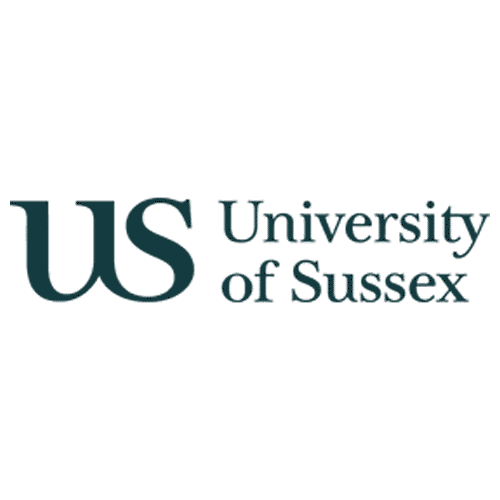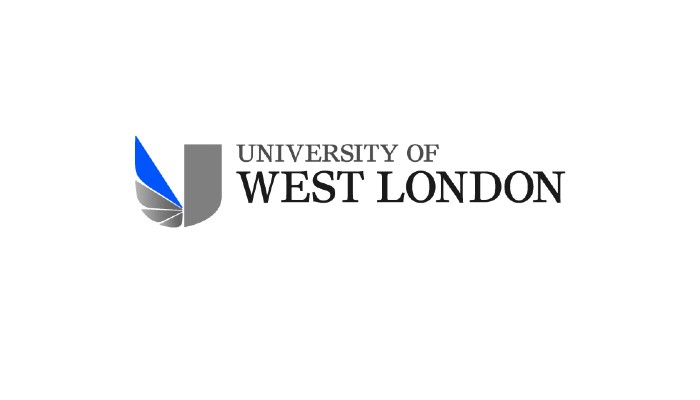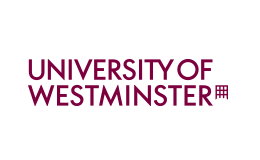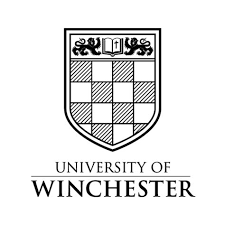Criminology
Explore the World of Justice and Society Through Criminology
Criminology is a fascinating interdisciplinary field that delves into the causes, patterns, and prevention of crime. It combines elements of sociology, psychology, law, and public policy to understand why crimes occur and how societies can respond effectively. For Indian students aspiring to study abroad, pursuing a degree in Criminology opens doors to global perspectives on justice systems, making it an ideal choice for those passionate about social change and human behavior.
In today's interconnected world, understanding crime transcends borders. From cybercrime affecting international trade to human trafficking networks spanning continents, Criminology equips you with the tools to analyze and address these challenges. Studying abroad in countries like the UK, USA, Canada, or Australia allows Indian students to experience diverse legal frameworks and contribute to multicultural discussions on crime prevention.
Why Study Criminology Abroad?
India's rapidly evolving society faces unique challenges like urban crime, cyber threats, and social inequalities. However, studying Criminology internationally provides exposure to advanced research methods, cutting-edge theories, and real-world case studies that are often limited in domestic programs. Here are key reasons why Indian students should consider this path:
- Global Exposure: Learn from international experts and compare India's justice system with those in developed nations, enhancing your analytical skills.
- Research Opportunities: Access state-of-the-art facilities and participate in fieldwork, such as community policing projects or forensic analysis labs.
- Career Boost: Degrees from abroad are highly valued in India and globally, opening avenues in law enforcement, NGOs, and policy-making.
- Cultural Immersion: Engage with diverse student bodies, fostering cross-cultural understanding essential for tackling transnational crimes.
- Scholarships for Indians: Many universities offer merit-based scholarships, such as the Chevening Scholarships in the UK or Fulbright in the USA, tailored for students from developing countries like India.
Moreover, the demand for criminologists is rising worldwide. According to the United Nations Office on Drugs and Crime (UNODC), global crime rates are increasing, creating a need for skilled professionals. For Indian students, this field aligns with national priorities like the Smart Cities Mission and digital security initiatives.
What Will You Learn in a Criminology Program?
Criminology courses are designed to build a strong foundation in theoretical and practical knowledge. Programs typically span 3-4 years for bachelor's degrees and 1-2 years for master's, with options for combined honors in law or sociology. The curriculum emphasizes critical thinking, ethical considerations, and data-driven approaches to crime analysis.
Core Modules:
- Introduction to Criminology: Explore classical theories like strain theory by Robert Merton and labeling theory by Howard Becker, applying them to real-world scenarios.
- Criminal Justice Systems: Study comparative systems, including India's adversarial model versus the inquisitorial systems in Europe.
- Victimology: Understand the impact of crime on victims, with a focus on marginalized groups like women and minorities—highly relevant for Indian contexts.
- Penology and Corrections: Analyze prison reforms, rehabilitation programs, and alternatives to incarceration, drawing from global best practices.
- Research Methods: Learn qualitative and quantitative techniques, including surveys, interviews, and statistical software like SPSS.
- Specialized Topics: Dive into cybercrime, terrorism, environmental crime, or organized crime syndicates, often with case studies from Asia and the West.
Advanced programs include electives like forensic psychology or international criminal law, allowing customization based on your interests. Many courses incorporate internships with police departments, NGOs like Amnesty International, or research centers, providing hands-on experience.
Course Structure: A Typical Overview
To give you a clear picture, here's a sample structure for a Bachelor's in Criminology (3 years, full-time):
| Year | Key Modules | Assessment Methods | Credits |
|---|---|---|---|
| Year 1: Foundations | Intro to Criminology, Sociology of Crime, Legal Studies | Exams (40%), Essays (30%), Group Projects (30%) | 120 |
| Year 2: Core Analysis | Criminal Justice, Victimology, Research Methods | Exams (50%), Fieldwork Reports (25%), Presentations (25%) | 120 |
| Year 3: Specialization & Dissertation | Penology, Cybercrime, Elective (e.g., International Law), 10,000-word Dissertation | Dissertation (40%), Exams (30%), Internship Evaluation (30%) | 120 |
This structure varies by university, but it ensures a balanced progression from theory to application. Master's programs focus more on research, often culminating in a thesis on topics like "Crime in Urban India: A Comparative Study."
Top Destinations for Indian Students
Choosing the right country can make all the difference. Here's a comparison of popular study abroad options for Criminology:
- United Kingdom: Home to prestigious universities like the University of Cambridge and London School of Economics (LSE). Programs emphasize policy and human rights. Average tuition: £15,000-£25,000/year. Post-study work visa: 2 years.
- United States: Universities such as John Jay College of Criminal Justice (CUNY) offer hands-on training. Focus on forensics and law enforcement. Tuition: $20,000-$40,000/year. OPT visa allows up to 3 years of work post-graduation.
- Canada: Institutions like the University of Toronto provide affordable, research-intensive programs. Emphasis on restorative justice. Tuition: CAD 20,000-30,000/year. Post-Graduation Work Permit: Up to 3 years.
- Australia: Universities including Monash and Deakin University highlight indigenous criminology and cyber security. Tuition: AUD 25,000-35,000/year. Temporary Graduate Visa: 2-4 years.
For Indian students, the UK and Canada are particularly attractive due to shorter program durations and strong Indian diaspora communities, easing cultural transitions.
Admission Requirements and Application Tips
Gaining admission is straightforward if you prepare well. Typical requirements include:
- Academic Qualifications: For bachelor's, 10+2 with 60%+ marks (any stream, but social sciences preferred). For master's, a bachelor's in Criminology, Sociology, or related field with 55%+ GPA.
- English Proficiency: IELTS (6.5+ overall) or TOEFL (90+). Some universities accept Duolingo for flexibility.
- Supporting Documents: Statement of Purpose (SOP) explaining your interest in Criminology, Letters of Recommendation (2-3), and CV highlighting relevant experience like volunteering with NGOs.
- Entrance Exams: GRE for some US programs; not mandatory elsewhere.
- Visa and Finances: Proof of funds (e.g., bank statements) and a valid student visa. Indian students can apply for education loans from banks like SBI.
Tip for Indians: Highlight experiences like participation in legal aid clinics or awareness programs on issues like domestic violence in your SOP to stand out. Deadlines are usually December-January for fall intake.
Career Opportunities After Graduation
A degree in Criminology from abroad paves the way for diverse, impactful careers. Graduates are in demand across sectors, with starting salaries ranging from $40,000-$60,000 annually abroad, and ₹5-10 lakhs in India.
Key Roles:
- Probation Officer: Supervise offenders and support rehabilitation—vital in India's overcrowded prisons.
- Policy Analyst: Work with governments or think tanks like NITI Aayog to shape crime prevention strategies.
- Forensic Investigator: Analyze crime scenes using advanced tech, especially in cyber forensics.
- NGO Specialist: Join organizations like Human Rights Watch, focusing on human trafficking or juvenile justice.
- Academic Researcher: Pursue PhDs and teach at universities, contributing to Indian scholarship.
- Law Enforcement: Roles in police, Interpol, or private security firms tackling transnational crimes.
Many alumni return to India to work with the CBI, state police, or startups in legal tech. The global perspective gained abroad makes you a strong candidate for international roles at the UN or World Bank.
Benefits for Indian Students: Overcoming Challenges
Studying Criminology abroad isn't just about academics—it's a transformative journey. Indian students often face homesickness or financial hurdles, but support systems abound. Universities provide Indian student societies, mental health resources, and career counseling tailored for international graduates.
Financially, scholarships like the Inlaks Shivdasani Foundation cover up to 100% tuition for Indians. Part-time work (20 hours/week) in roles like research assistants can offset costs. Culturally, you'll gain insights into global issues like caste-based discrimination parallels in Western racial justice movements, enriching your worldview.
In conclusion, Criminology abroad empowers Indian students to become agents of change. Whether you're drawn to solving societal puzzles or advocating for justice, this field offers endless possibilities. Start your application today and step into a world where knowledge combats crime.








